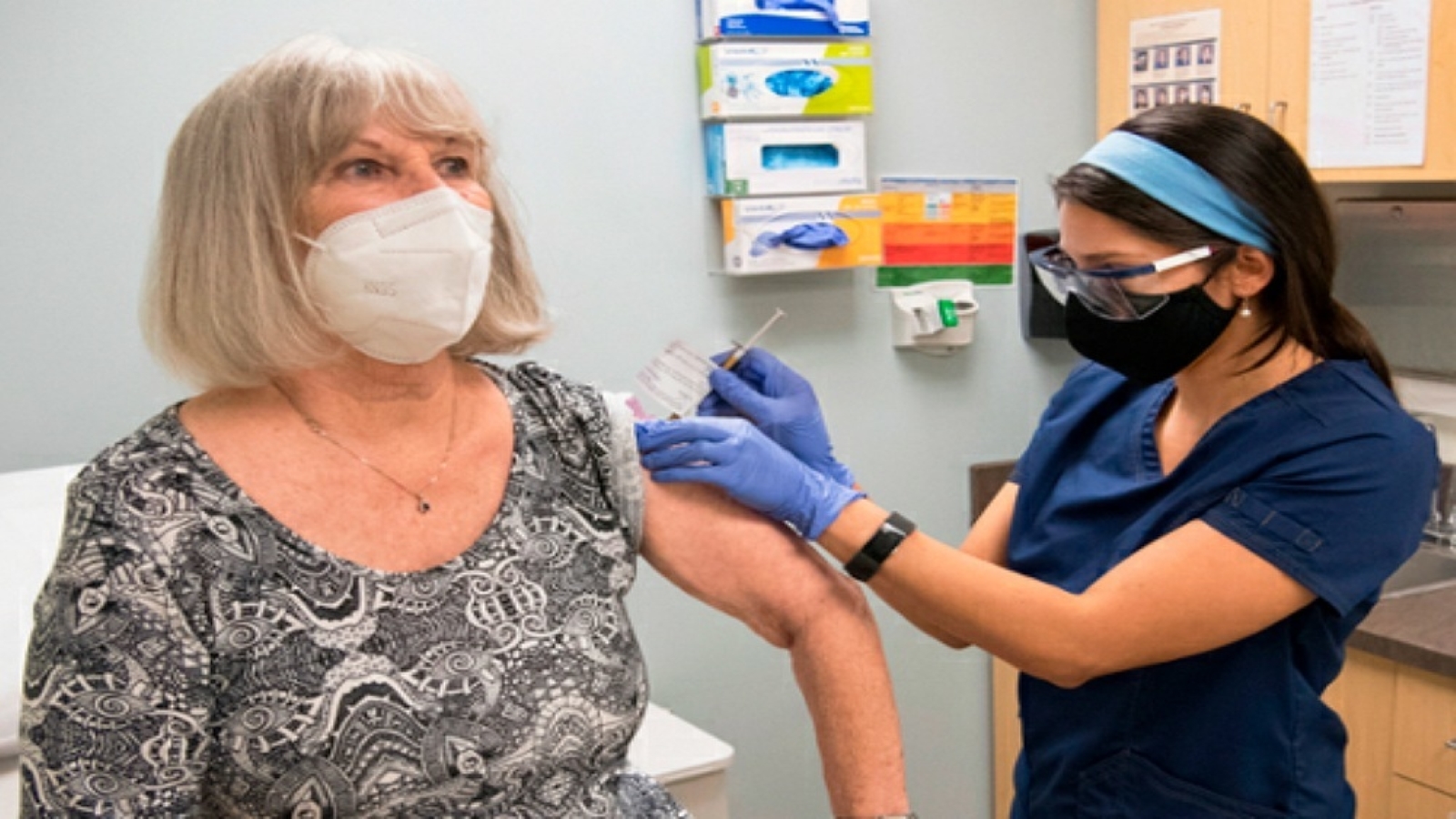So far, 37% of Michigan residents aged 65 and older have received two doses of the COVID-19 vaccine. | stock photo
So far, 37% of Michigan residents aged 65 and older have received two doses of the COVID-19 vaccine. | stock photo
Michigan's long-term care facilities announced a significant decline of COVID-19 cases among its residents following vaccine distribution.
Care facilities reported a 91% decrease in cases per week since December 28, and an 83% decrease among staff, according to statistics provided by Bridge Michigan.
The figure, which reflects an overall 65% drop in infected residents, is projected to rise as vaccines continue to be dispersed. Over 1.2 million Michigan residents have been given at least one dose of the vaccine, and 652,000 have already received the full set of vaccinations. Those who have received both doses account for 15% of total residents over the age of 16 and 37% of residents 65 and older.
The vaccination distribution was coordinated by the state through a collaboration with CVS and Walgreens pharmacies. In late December, 827 new cases were noted among long-term care residents and an additional 738 among staff. Since then, more than 200,000 doses have been given out to those who inhabit senior care facilities. As of Feb. 22, 73 new cases among residents and 125 among staff were filed.
“We feel vaccinations are also playing a role; however, not all residents and staff have received both doses, so at this time we can’t say how much they are contributing to the decline,” Lynn Sutfin, a spokesperson for the Michigan Department of Health and Human Services, told Bridge Michigan.
State officials have credited the vaccine for the declines, as well as restrictions against indoor dining implemented in mid-November. The decision to place senior citizens at the top of the list correlates with data recently released in Israel, which suggests that the vaccine is effectively decreasing the number of cases, deaths and physical impact on those who were given the vaccine and were infected afterward.
The study indicates that infections among seniors who have been vaccinated have dropped by 41%, while cases dropped by 12% among individuals under the age of 60, who have been vaccinated at a much lower rate.
“I think vaccines had a huge role to play,” Dr. Teena Chopra, a professor of infectious diseases at Wayne State University and head of infection control for eight Detroit Medical Center hospitals, told Bridge Michigan.
About one-third of confirmed deaths have been attributed to long-term care facilities, excluding the death of 79 employees. Nursing homes have accounted for 37% of total deaths related to COVID-19 since the pandemic was declared in March 2020.
Individuals 60 years of age and older contribute to 90% of all COVID-19 deaths, leading to the prioritization of senior citizens to receive the vaccine. At the beginning of December, Michigan’s average cases per day were 6,500, and 13% of test results were positive. The rates have now decreased to approximately 850 cases per day, with only 3% of COVID-19 tests being positive.
“Getting Michigan’s long-term care residents vaccinated is a high priority, as we know this is the best way to protect this vulnerable population,” Sutfin said, according to Bridge Michigan.
Director of Michigan State University College of Human Medicine’s Geriatrics Division, Dr. Raza Haque, said he'd observed three nursing home residents who received the vaccine but were still infected with the virus afterward. Despite the patients having preexisting conditions that made them more vulnerable to the virus, they only suffered mild symptoms as a result, which was credited to the vaccine.
The reduction of cases inside long-term care facilities has also resulted from strict physical visitation prohibition. With the aid of the vaccines, the possibility of lifting the restrictions and allowing visitations again is drawing closer.
“That would be helpful,” Haque told Bridge Michigan. “And I think the vaccine is one of the reasons we can talk about (allowing face-to-face contact).”


 Alerts Sign-up
Alerts Sign-up